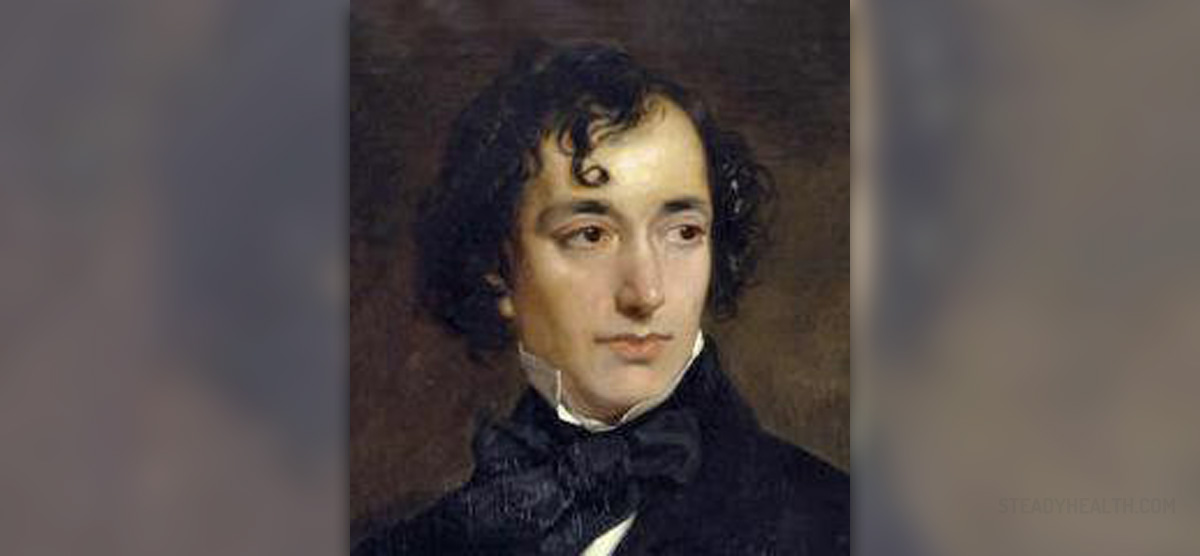
Overview
There is not a person in the world who can escape dizziness and there are almost no people in the world who have not felt it at least once during their lives. For a majority of people, dizziness is quite a frightening experience. According to certain researches, around 40% of all people who are older than 40 years of age will experience dizziness. A lot of people complain about feeling dizzy when they stand or wake up and there are several causes that lead to that uneasy feeling. However, the good thing is that 90% of all dizziness causes are not serious, according to certain studies.
Definition
Most experts will say that dizziness is a feeling of light-headedness, faintness, vertigo and unsteadiness. A person who experiences dizziness will also have problems with keeping balance. A person who experiences dizziness should make sure not to forget the symptoms he or she experienced, so that the doctor can use that to make a proper diagnosis according to them.
Types of dizziness
People who experience dizziness when they stand or wake up should know that that type of dizziness is classified as either vertigo or presyncope. A lot of people do not know what presyncope is. This particular type of dizziness is a sensation of light-headedness or faintness but without the actual fainting. A person who experienced vertigo knows that it is a sensation of the environment spinning, whirling or moving. In case of vertigo, either a person or the environment is spinning.
Causes
There are several causes why a person may experience presyncopal and some of the most common are orthostatic hypertension, heart attack, arrhythmias, dehydration, illness and stroke. Vertigo can be caused by several causes like benign paroxysmal positional vertigo, Maniere’s disease, acute vestibular neuritis, migraines, acoustic neuromas and by certain medications.
When to see the doctor?
Even though in most cases there is no need to go to the hospital, in some cases people should seek medical assistance. In case when a person experiences new onset dizziness, dizzy spells become more severe and last longer, a person’s daily activities become affected by dizziness, loss of hearing is present or a person believes that the medications he or she is on are causing it. 911 should be called in cases a person faints, suffers from chest pain or shortness of breath, feels weak and has blurred vision. A stiff neck, inability to speak normally and a high fever are also reason to call 911. A person who feels dizzy should lie down in order to avoid hurting him or herself. Drinking a lot of fluids is also advisable.






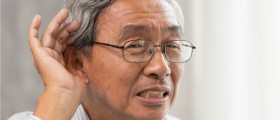
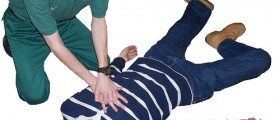
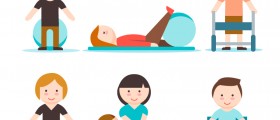

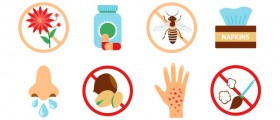

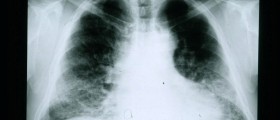
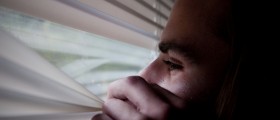

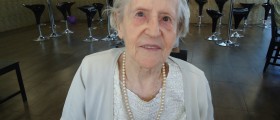

Your thoughts on this
Loading...